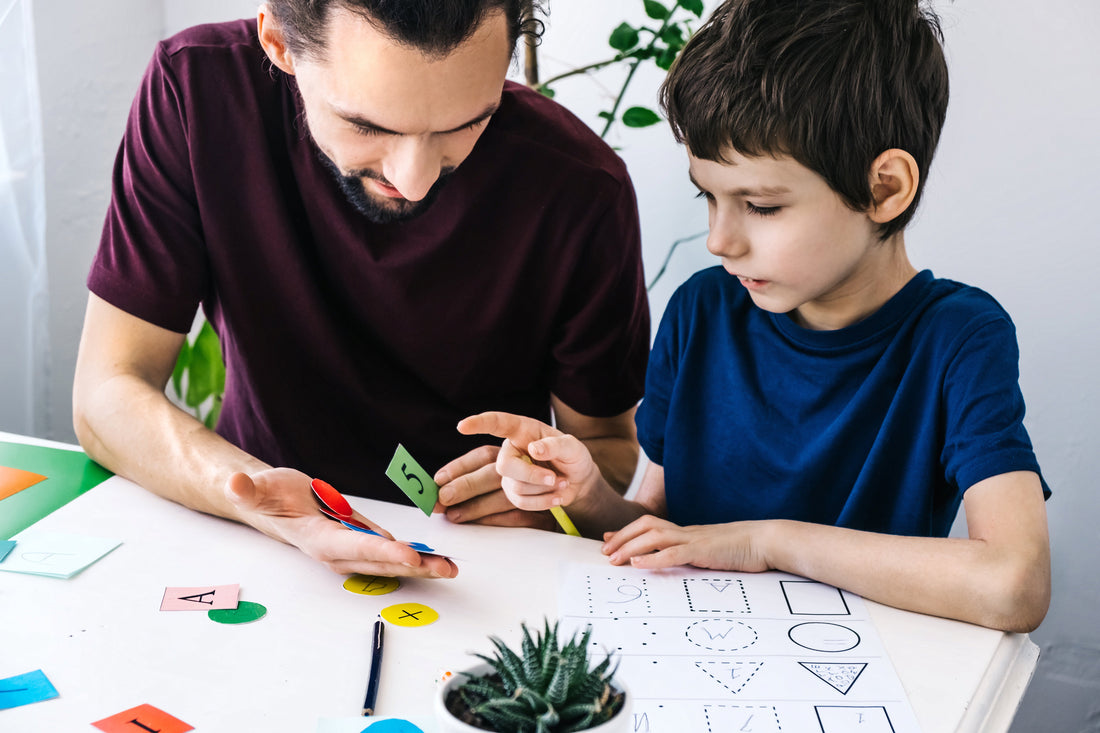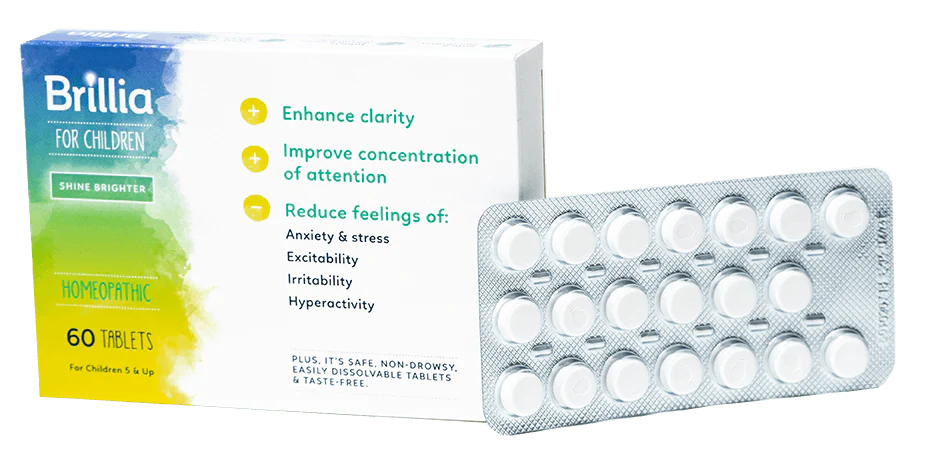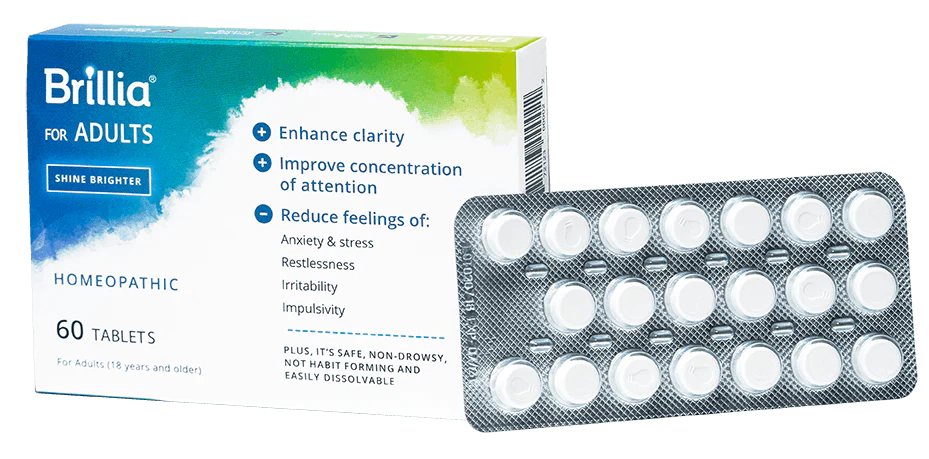Many dads with ADHD find it difficult to tame their unique traits when it comes to everyday parenting challenges. From emotional outbursts to distractibility, ADHD traits can make family members feel alienated and lead to feelings of shame on both sides. Dads with ADHD just need a different set of strategies to connect with their kids and keep their ADHD symptoms in check. After all, being a dad with ADHD can be a superpower. Find out how to leverage your strengths and support your kids in our parenting guide below.
Hyperfocus On Your Kids
Most people associate ADHD with inattention and lack of focus. But a surprising strength less talked about is hyperfocus, which refers to a strong fixation on an interest or activity for an extended period of time. Sometimes hyperfocus can be harmful, like forgetting to eat meals or make it to an appointment because of an interesting work project. But most of the time, this ability to block out the world and zero in on whatever has grabbed their attention is a major asset, leading to creative masterpieces and success.
One idea for dads to connect with kids is to use this power of hyperfocus on them. To do this, dads with ADHD should resist multitasking when they’re with their kids and pencil their child into their daily schedule. It’s also harder to get distracted if dads work on holding eye contact with their kids, which signals to them that what they’re saying or doing is important. Finding activities to do together that both dad and kid enjoy is another way to block out the world and zero in on family time.
Connect With Your Kids on an Emotional Level
People with ADHD often experience intense emotions due to neural impairments with processing. But it’s crucial that kids feel emotionally safe at home; studies indicate that feeling emotionally unsafe can cause the nervous system to go into a state of defense, leading to a variety of health problems.2
To connect with kids on an emotional level, dads should help children identify and name their own emotions and be willing to talk about these emotions in a non-judgmental way. This will help children feel validated when they’re upset and perhaps better understand when Dad gets upset. Dads can also connect emotionally with their child by being someone the child can count on, providing positive feedback, and taking time to apologize if an outburst does happen despite their best intentions.
Take Advantage of Your Problem-Solving Skills
As an adult with ADHD, many dads have already accumulated a toolkit of coping strategies and problem-solving skills for challenging situations. Children need support in building their own toolkit whether they’re working on an academic problem or navigating the social world. By offering advice, or maybe just being a sounding board for kids, dads can help their child build up their resilience and self-confidence as they forge their own path.
Normalize Your Child’s Quirkiness
ADHD is often inherited, which means it’s likely that dads with ADHD will have kids who exhibit the same symptoms. It can be upsetting for dads to notice these familiar symptoms in their child, but dads have the powerful opportunity to use these moments of familiarity to build their child’s self-esteem. Normalizing their symptoms as “quirks” means showing them unconditional love and helping their child feel accepted no matter what they say or do. Normalizing means harnessing their child’s strengths and recognizing the upsides of having ADHD like being creative, innovative, and empathetic. Lastly, dads with ADHD are role models for their kids with ADHD. If a dad learns to accept his own quirks and feels capable in facing challenges, then so will his kids.
Shine Brighter
Create Structure
Without structure at home, important calendar events are likely to be missed, bedtimes would be inconsistent, and chaos would dominate the household. To keep things running smoothly, dads should follow a predictable daily routine, including getting up and going to sleep at the same time, eating meals at the same time, and keeping a family calendar in clear view to keep track of important dates. Structure provides external controls that help to reduce symptoms while helping to minimize family conflicts.3
Practice Self-Care
Self-care isn’t just for moms. Dads with ADHD should prioritize self-care in all its forms, not just physical. Self-care can be basic: getting enough sleep, eating well, and exercising. Self-care can be luxurious: booking a massage, planning a weekend getaway without the kids, or maybe just investing in a plush pair of slippers. But self-care can also be a daily intentional practice, like meditating, focusing on one’s breathing, or spending some time in nature. After all, trying to parent when the fuel tank is empty is harder than it should be. When dads invest in self-care, they invest in a happier family too.
Seek Outside Support
Last of all, it takes a village to raise kids and dads shouldn’t feel pressured to handle everything alone. They’re encouraged to turn to friends and family for support and not be too proud to resist help when it’s offered. Seeing a therapist can also help dads release negative emotions, improve relationships, and simply understand themselves better. If they still need more help, they should consider trying Brillia, a non-prescription homeopathic medication designed to reduce ADHD symptoms without harsh, synthetic chemicals or harmful side effects. Brillia uses antibodies to the brain-specific S100B protein, an important regulator of many different intracellular and extracellular brain processes, including mood regulation. Brillia is part of a holistic approach that combines healthy lifestyle habits with antibody science to help individuals with ADHD feel more balanced, more empowered, and ultimately more connected with those around them.
Learn more about how Brillia works and find out more about managing ADHD symptoms at the Brillia(nce) Resource Center.
We’ll share helpful tips, the latest studies and personal experiences.







